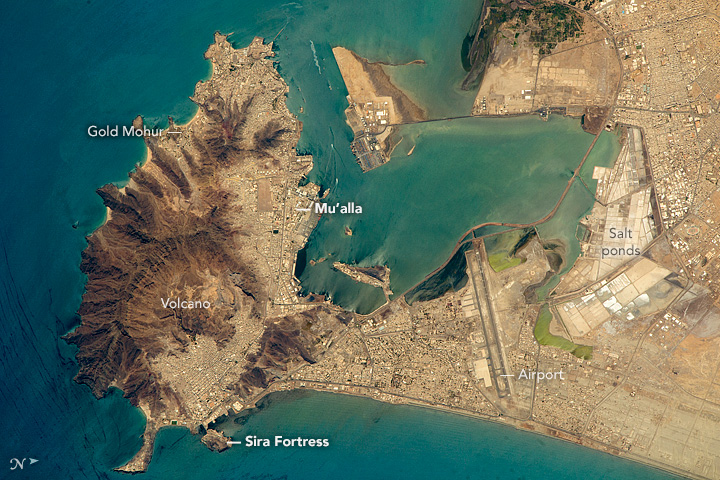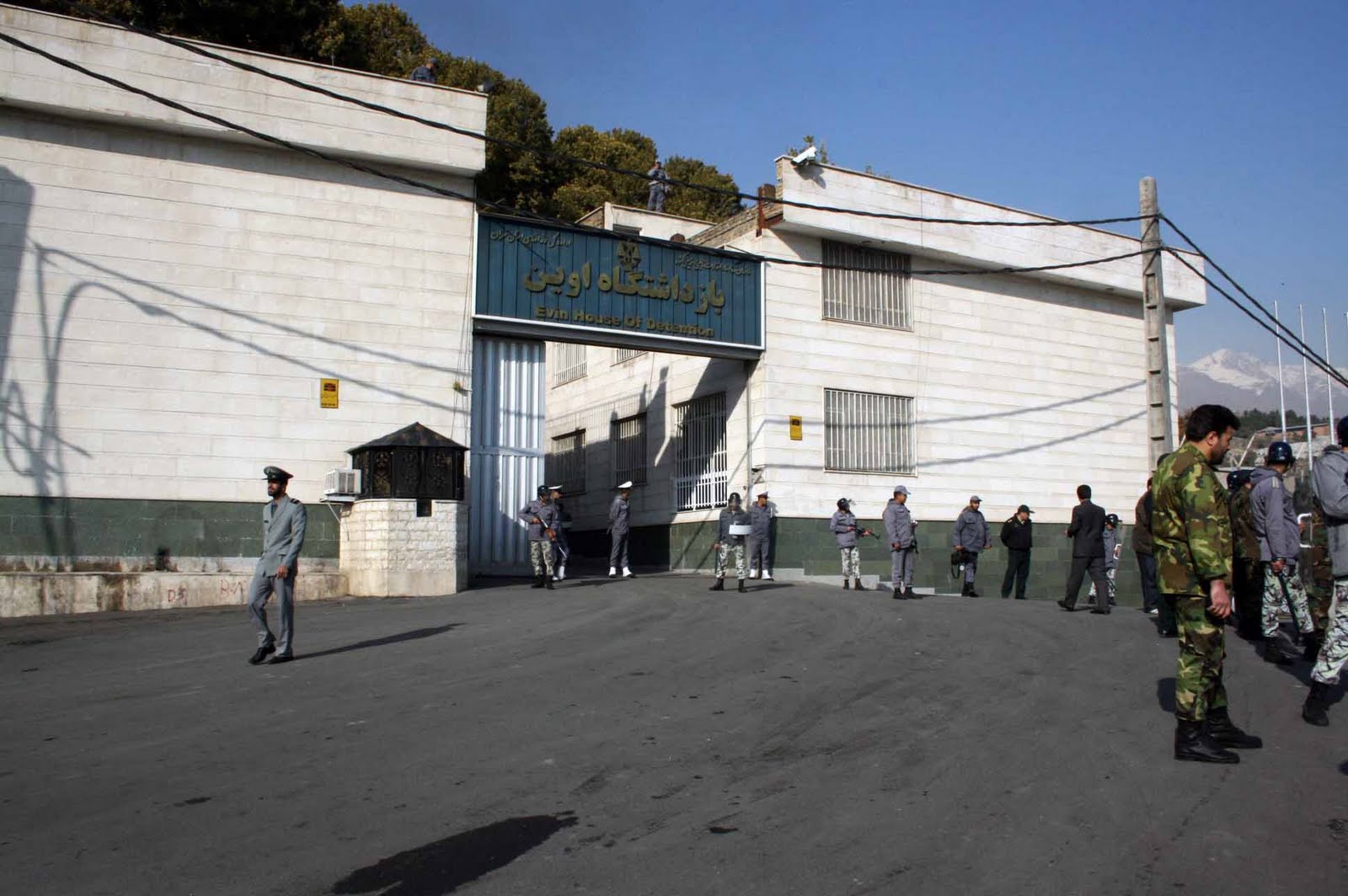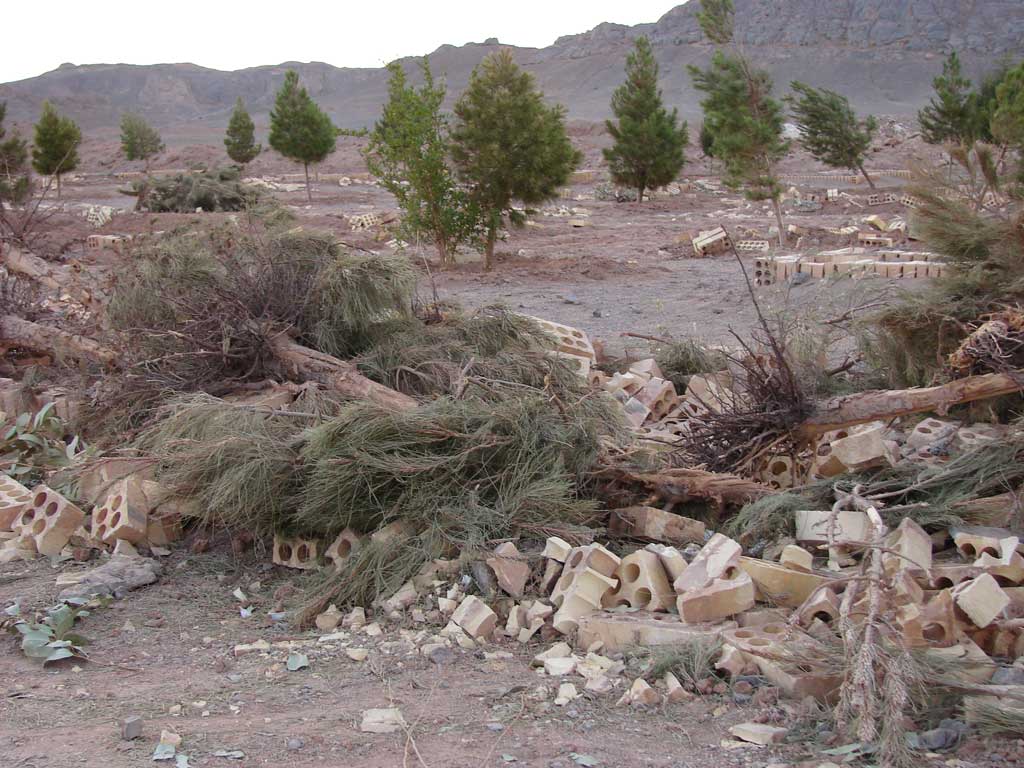|
Mona Mahmudnizhad
Mona Mahmudnizhad ( fa, مونا محمود نژاد, September 10, 1965 – June 18, 1983) was an Iranian Baháʼí who, in 1983, together with nine other Baháʼí women, was sentenced to death and hanged in Shiraz, Iran on the grounds of being a member of the Baháʼí Faith. The official charges ranged from "misleading children and youth" to being a "Zionist", as the Baháʼí World Centre is located in Israel. The nonprofit Mona Foundation focusing on girls' education was named after her in 2001. Childhood Mahmudnizhad was born on September 10, 1965, to Yad'u'llah and Farkhundeh Mahmudnizhad, who had left their home in Iran to teach their religion in Yemen. In 1969, the government of Yemen expelled all foreigners and the Mahmudnizhad family returned to Iran. They spent two years in Isfahan, six months in Kermanshah and three years in Tabriz before finally settling in Shiraz in 1974. During this time, her father worked repairing small appliances and served the Baháʼí com ... [...More Info...] [...Related Items...] OR: [Wikipedia] [Google] [Baidu] |
Aden
Aden ( ar, عدن ' Yemeni: ) is a city, and since 2015, the temporary capital of Yemen, near the eastern approach to the Red Sea (the Gulf of Aden), some east of the strait Bab-el-Mandeb. Its population is approximately 800,000 people. Aden's natural harbour lies in the crater of a dormant volcano, which now forms a peninsula joined to the mainland by a low isthmus. This harbour, Front Bay, was first used by the ancient Kingdom of Awsan between the 7th to 5th centuries BC. The modern harbour is on the other side of the peninsula. Aden gets its name from the Gulf of Aden. Aden consists of a number of distinct sub-centres: Crater, the original port city; Ma'alla, the modern port; Tawahi, known as "Steamer Point" in the colonial period; and the resorts of Gold Mohur. Khormaksar, on the isthmus that connects Aden proper with the mainland, includes the city's diplomatic missions, the main offices of Aden University, and Aden International Airport (the former British ... [...More Info...] [...Related Items...] OR: [Wikipedia] [Google] [Baidu] |
Islamic Revolutionary Guard Corps
The Islamic Revolutionary Guard Corps (IRGC; fa, سپاه پاسداران انقلاب اسلامی, Sepāh-e Pāsdārān-e Enghelāb-e Eslāmi, lit=Army of Guardians of the Islamic Revolution also Sepāh or Pasdaran for short) is a branch of the Iranian Armed Forces, founded after the Iranian Revolution on 22 April 1979 by order of Ayatollah Ruhollah Khomeini. IISS Military Balance 2006, Routledge for the IISS, London, 2006, p. 187 Whereas the Iranian Army defends Iranian borders and maintains internal order, according to the Iranian constitution, the Revolutionary Guard is intended to protect the country's Islamic republic political system, which supporters believe includes preventing foreign interference and coups by the military or "deviant movements". The IRGC is designated as a terrorist organization by the governments of Bahrain, Saudi Arabia and the United States. As of 2011, the Revolutionary Guards had at least 250,000 military personnel including ground, ... [...More Info...] [...Related Items...] OR: [Wikipedia] [Google] [Baidu] |
Táhirih
Táhirih (Ṭāhira) ( fa, طاهره, "The Pure One," also called Qurrat al-ʿAyn ( "Solace/Consolation of the Eyes") are both titles of Fatimah Baraghani/Umm-i Salmih (1814 or 1817 – August 16–27, 1852), an influential poet, women's rights activist and theologian of the Bábí faith in Iran. She was one of the Letters of the Living, the first group of followers of the Báb. Her life, influence and execution made her a key figure of the religion. The daughter of Muhammad Salih Baraghani, she was born into one of the most prominent families of her time. Táhirih led a radical interpretation that, though it split the Babi community, wedded messianism with Bábism. As a young girl she was educated privately by her father and showed herself a talented writer. Whilst in her teens she married the son of her uncle, with whom she had a difficult marriage. In the early 1840s she became a follower of Shaykh Ahmad and began a secret correspondence with his successor Kazim Rashti ... [...More Info...] [...Related Items...] OR: [Wikipedia] [Google] [Baidu] |
Human Rights In Iran
From the Imperial Pahlavi dynasty (1925 to 1979), through the Islamic Revolution (1979), to the era of the Islamic Republic of Iran (1979 to current), government treatment of Iranian citizens' rights has been criticized by Iranians, by international human rights activists, by writers, by NGOs and the United States. While the monarchy under the rule of the shahs was widely attacked by most Western watchdog organizations for having an abysmal human rights record, the government of the Islamic Republic which succeeded it is considered still worse by many. The Pahlavi dynasty— Reza Shah Pahlavi and his son Mohammad Reza Shah Pahlavi—has sometimes been described as a "royal dictatorship", or "one man rule", and employed secret police, torture, and executions to stifle political dissent. During Mohammad Reza Shah Pahlavi's reign, estimates of the number of political prisoners executed vary from less than 100 to 300. Under the Islamic Republic, the prison system was centr ... [...More Info...] [...Related Items...] OR: [Wikipedia] [Google] [Baidu] |
Jack Lenz
John Frederick "Jack" Lenz is a Canadian composer. He has written, performed, and produced music for film, television, and theatre, along with working on non-soundtrack album ventures. He is also the founder of Live Unity Enterprises, an organization devoted to the production of music for the Baháʼí community. Lenz contributed additional music for the John Debney score for Mel Gibson's film ''The Passion of the Christ''. Among his current projects is working on a movie about the persecution of Baháʼís in Iran, particularly the story of Mona Mahmudnizhad who suffered under the persecution in Iran, under the title of ''Mona's Dream''. He was music director of 90 Minutes Live, with Peter Gzowski on CBC Television from 1976 to 1978. He resides in Toronto, Ontario. Background Lenz was born in Eston, Saskatchewan. His mother was also raised in Saskatchewan, and his father came to Canada from Hungary during the Depression. While still in his youth, Lenz took piano lessons from ... [...More Info...] [...Related Items...] OR: [Wikipedia] [Google] [Baidu] |
Persecution Of Baháʼís
Persecution of Baháʼís occurs in various countries, especially in Iran, where the Baháʼí Faith originated and where one of the largest Baháʼí populations in the world is located. The origins of the persecution stem from a variety of Baháʼí teachings which are inconsistent with traditional Islamic beliefs, including the finality of Muhammad's prophethood, and the placement of Baháʼís outside the Islamic religion.Mottahedeh, Roy, ''The Mantle of the Prophet : Religion and Politics in Iran'', One World, Oxford, 1985, 2000, p.238 Thus, Baháʼís are seen as apostates from Islam. Baháʼí spokespeople, as well as the United Nations, Amnesty International, the European Union, the United States, and peer-reviewed academic literature have stated that the members of the Baháʼí community in Iran have been subjected to unwarranted arrests, false imprisonment, beatings, torture, unjustified executions, confiscation and destruction of property owned by Baháʼí individ ... [...More Info...] [...Related Items...] OR: [Wikipedia] [Google] [Baidu] |
Canada
Canada is a country in North America. Its ten provinces and three territories extend from the Atlantic Ocean to the Pacific Ocean and northward into the Arctic Ocean, covering over , making it the world's second-largest country by total area. Its southern and western border with the United States, stretching , is the world's longest binational land border. Canada's capital is Ottawa, and its three largest metropolitan areas are Toronto, Montreal, and Vancouver. Indigenous peoples have continuously inhabited what is now Canada for thousands of years. Beginning in the 16th century, British and French expeditions explored and later settled along the Atlantic coast. As a consequence of various armed conflicts, France ceded nearly all of its colonies in North America in 1763. In 1867, with the union of three British North American colonies through Confederation, Canada was formed as a federal dominion of four provinces. This began an accretion of provinces and ... [...More Info...] [...Related Items...] OR: [Wikipedia] [Google] [Baidu] |
Doug Cameron (musician)
Douglas John Cameron is a Canadian musician and composer best known for writing and performing a protest song entitled "Mona with the Children" about a Persian Baháʼí girl aged 16, Mona Mahmudnizhad, who, in 1983, together with nine other Baháʼí women, was sentenced to death and hanged in Shiraz, Iran, because of her membership in the Baháʼí Faith. Cameron recreated Mahmudnizhad's story in a music video, ''Mona with the Children'', which made the pop charts in Canada (#14 for the week of October 19, 1985). Partly to distinguish himself from new age composer Doug Cameron the name ''John'' was added. he also works with collaborator Jack Lenz (also a Baha'i) on children's TV, notably Treehouse TV, where he performed under the name Douglas John. References See also * Mona Mahmudnizhadthe indie music archive [...More Info...] [...Related Items...] OR: [Wikipedia] [Google] [Baidu] |
Iran Human Rights Documentation Center
The Iran Human Rights Documentation Center (IHRDC) is a registered non-profit organization based in New Haven, Connecticut. IHRDC was founded in 2004 by a group of human rights scholars, activists, American government interest advocators, and historians to document the patterns of human rights abuse in Iran and to promote accountability, a culture of human rights, and the rule of law in Iran. Board members include prominent legal scholars such as Professors Owen Fiss (Yale University), Lawrence Douglas ( Amherst College), and Payam Akhavan (McGill University). Funding The US State Department has been the group's "main source of funds," providing US$3 million since the group's founding. Following the disputed 2009 presidential elections in Iran, the government of Canada also granted it funds. The center is also supported by private foundations and individual donors. Response from the Islamic Republic of Iran IHRDC has been named on a list of 60 organizations designated as subvers ... [...More Info...] [...Related Items...] OR: [Wikipedia] [Google] [Baidu] |
Simin Saberi
Simin Saberi ( fa, سیمین صابری, also transliterated as Símín Sábirí; March 2, 1959 – June 18, 1983) was one of the victims of the Baháʼí community in Iran, who was sentenced to death by the Islamic Revolutionary Court for her beliefs and faith as a Baháʼí. At the age of 24, she was hanged by the Islamic Republic of Iran along with 9 other Baháʼí women in the Chogan Square of Shiraz. She has been characterised as 'one of the most fearless' of this group. Biography Saberi was born on March 2, 1959, to a Baháʼí Faith family in Deh Bid Village in the city of Deh Bid, Arsanjan of Fars Province. Their house was located 2 kilometers from Marvdasht. Her father, Hossein, was from a Muslim background but had adopted the Baha'i faith. Her mother, Tavoos Pompusian, Hossein's second wife, was from a Jewish background but her parents had become Baha'is. As well as two half-brothers and four half-sisters by Hossein's first marriage, Saberi was the youngest of Hossein ... [...More Info...] [...Related Items...] OR: [Wikipedia] [Google] [Baidu] |
Clemency
A pardon is a government decision to allow a person to be relieved of some or all of the legal consequences resulting from a criminal conviction. A pardon may be granted before or after conviction for the crime, depending on the laws of the jurisdiction. Pardons can be granted in many countries when individuals are deemed to have demonstrated that they have "paid their debt to society", or are otherwise considered to be deserving of them. In some jurisdictions of some nations, accepting a pardon may ''implicitly'' constitute an admission of guilt; the offer is refused in some cases. Cases of wrongful conviction are in recent times more often dealt with by appeal rather than by pardon; however, a pardon is sometimes offered when innocence is undisputed in order to avoid the costs that are associated with a retrial. Clemency plays a critical role when capital punishment exists in a jurisdiction. Pardons are sometimes seen as a mechanism for combating corruption, allowing a par ... [...More Info...] [...Related Items...] OR: [Wikipedia] [Google] [Baidu] |

.jpg)



